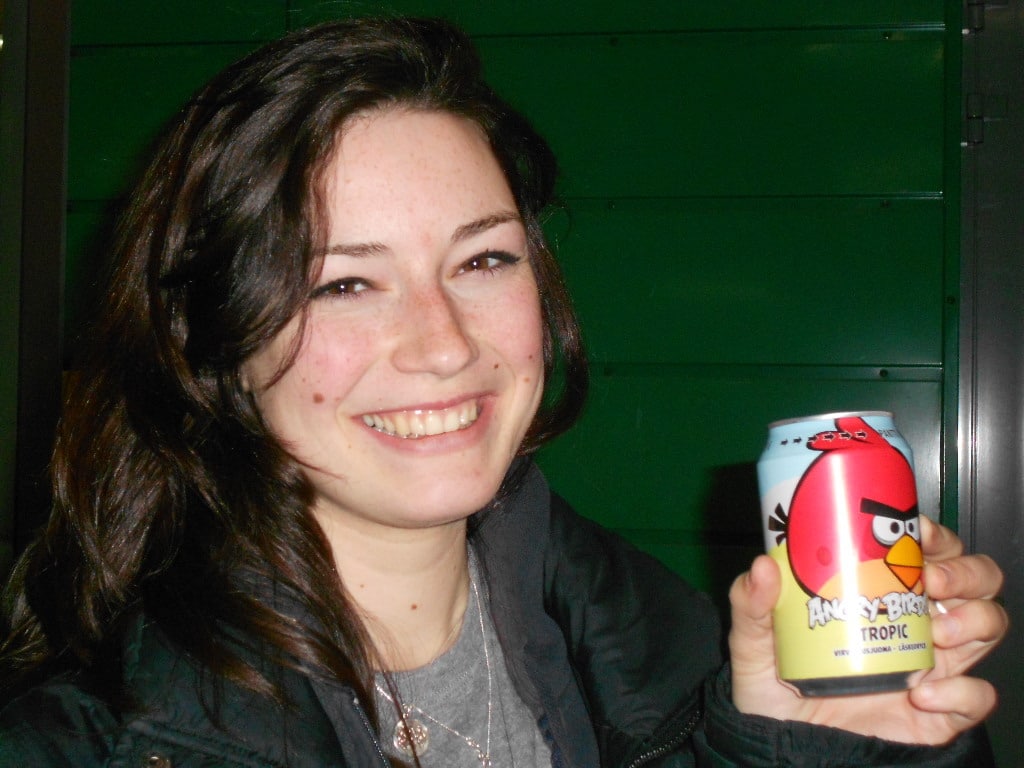Photograph of Ellie Rowe
Good news for the ketamine dealers
This blog was written by Wendy Teasdill.
My heart goes out to the family of James Lee Williams, perhaps better known as The Vivienne, winner of the first series of Ru Paul’s Drag Race UK. The Vivienne had long struggled with drug dependency and had been addicted to ketamine for some years; despite having undergone rehab they sadly experienced a relapse and died on January 5th from cardiac arrest, triggered by ketamine. The glorious funeral in north Wales will have been no compensation for the loss of this brilliant human being.
Apparently the policing minister, Dame Diana Johnson, will write to the Advisory Council on the Misuse of Drugs (ACMD) to commission advice on ketamine and to consider whether it should remain controlled as a Class B substance or become a Class A drug. It’s an archaic picture. I imagine Dame Diana sitting down at her writing desk, picking up her Mont Blanc pen, and, in her best pen-womanship, scribing a letter to the ACMD.I have no doubt that she is concerned. Ketamine consumption is forever on the rise. I don’t know how or where from the statistics arise, but apparently ` In the year ending March 2023, an estimated 299,000 people aged 16-59 had reported ketamine use in the last year – the largest number on record.’Ms Johnson is reported as saying:`Through our Plan for Change and mission to make the nation’s streets safer, we will work across health, policing and wider public services to drive down drug use and stop those who profit from its supply.’
We are told that – assuming anyone actually receives this aforementioned letter within three weeks if at all – Independent experts will now assess the evidence of the health and social harms of ketamine when misused and will submit their findings to Home Office Ministers for review.
We know that ketamine harms. An occasional user would experience – depending on the purity and quantity of their dosage – dissociation, immobilisation of the limbs, desensitisation, dizziness, clumsiness, increased heart rate and blood pressure, blurred vision, slurred speech, paranoia and the confusion of the `K-hole’. Why would one want to induce this state? Apparently the euphoria, possible visual and auditory hallucinations and a sense of dissolving into one’s surroundings, can be very pleasurable. One person – a highly educated and mature person – described it as `Meeting God’.
I know that ketamine kills. On August 8th, 2013, our beautiful daughter Ellie Rowe went to Boomtown to work as a volunteer for Oxfam. She never got to actually attend the festival. On the Thursday afternoon, after her first shift had finished, she drank a large can of Stella beer. It had to be Stella, because she was a vegetarian – apparently Stella is the only beer not filtered through cows’ shin bones. Back at their tent, she and her friend snorted a line of ketamine each. The friend awoke to Ellie’s cold dead body. There were many attempts to revive Ellie, but they failed. She was pronounced dead upon arrival at the Royal Hampshire County Hospital in Winchester later than evening. The harms are irreversible. Nothing will bring our Ellie back. Nearly twelve years on, we’re all still experiencing the aftershocks. According to reliable sources (Ellie’s friends), it was the third time Ellie had taken ketamine, and each time it had been at a festival. She was not a habitual user, but who knows what she would have become had she lived? Would she have become a hot-shot human rights lawyer, which was what she wanted? Would she have found she’d aimed too high, and been dismissed, in common parlance, as a `Ket-head’? Had she become a lawyer, would she have found herself, at 3 am, high on cocaine as she powered through her latest brief? We don’t know. Both life and death are what happens when we’re making other plans. By whatever route, ketamine use and addiction is on an exponential rise. The statistics are alarming. A regular user would, over time, accumulate a raft of more distressing conditions, resulting in `ketamine bladder syndrome’. The lower urinary tract is affected. The stomach and kidneys develop issues and painful ulcers form inside the bladder. The worst-case scenario is a radical cystectomy – the complete removal of the bladder. This would affect a person for life, as urine would need to be diverted through a stoma – a hole in the abdominal wall – and collected in an external bag. Just not sexy.
The social harms of ketamine addiction are perhaps not as obvious as those of other addictions: a gambling addict, for example, could rack up hundreds of thousands of pounds worth of debt under the radar, whereas someone addicted to ketamine would be accumulating no more expenses than a regular coffee drinker. They could also – as did The Vivienne – be discreet about their addiction, as a ketamine experience needs last no longer than an hour and, as long as they remain out of sight, there are no more external signs of consumption than perhaps a light dusting of white powder around the nostrils. Nonetheless, the ongoing harms, along with the accompanying depression and memory-loss, will seriously affect anyone’s mental health and optimal life expectancy.
It’s too late for El and The Vivienne and the countless others who have lost whole or partial lives to ketamine, and I completely understand the reaction of wanting to re-classify ketamine as a Class A drug. When, exactly eleven years ago on the 28th April 2014, we, her family, heard on the radio that ketamine had been upgraded to a class B drug, we, cheered.
We were still experiencing the immediate aftermath of El’s death. At the time, I didn’t read the online comments to news articles. I was told they could be distressing. Now, nearly twelve years on, I have had a look. Amongst the very much appreciated out-pouring of sympathy and the occasional `serves her right’ comments, I found one which stated that reclassification would only benefit the dealers. Having had all this time to reflect, I completely agree.
Ketamine may have been upgraded to Class B, but that has not prevented the high rise in its consumption. The young person who sold the ketamine to El and her friend got away with little more than a slap on the wrist. I would not have wanted him to go to prison, where he might have learned to be even more professional about drug-dealing, but the fact remains that she died and he lives. That is not enough of a deterrent to anyone wanting to deal ketamine.
Our policing minister, Diane Johnson, has a fine line in rhetoric. She goes on:
`It is vital we are responding to all the latest evidence and advice to ensure people’s safety and we will carefully consider the ACMD’s recommendations before making any decision.’
I really hope that the ACMD take into account the fact that prohibition and classification have been long-proven to be ineffective. People take drugs of dissociation as a response to the overbearing pressures of the world. Ketamine use is a social and medical issue, not a criminal one. The misuse of drugs act is outdated and meanwhile – the dealers continue to profit from other peoples’ pain.
Updated harms assessment of ketamine: Commissioning letter by Diane Johnson






Leave A Comment